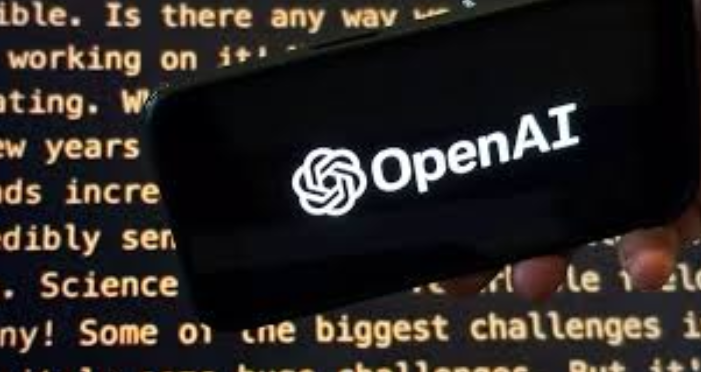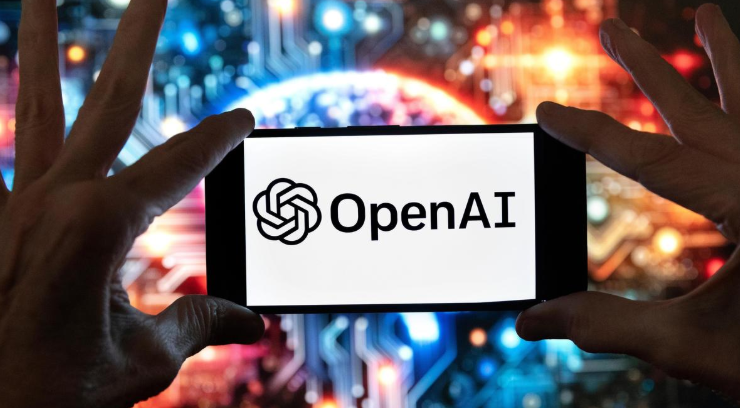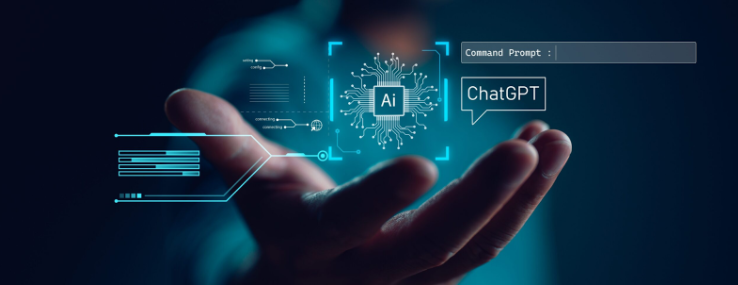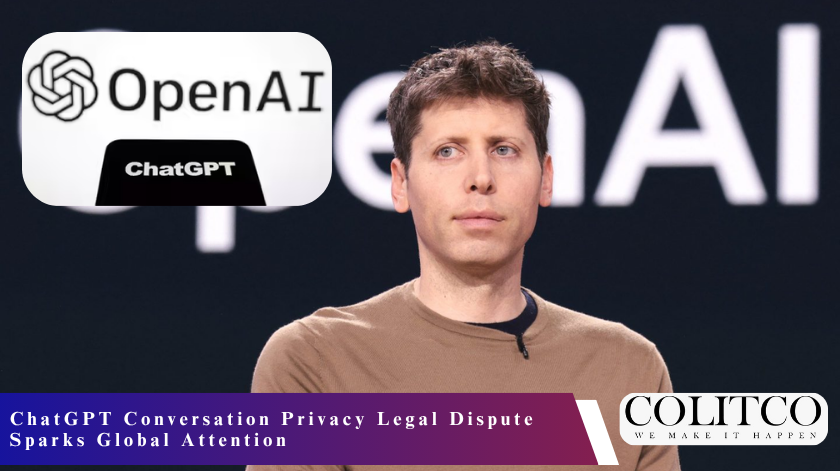OpenAI is taking a US court ruling that demands the company to give up millions of chat records of the ChatGPT conversations, challengeably. The action, which has been initiated by several big media companies, says that OpenAI made use of the copyrighted news materials for training its big language models.
The holders of the copyrights want 20 million chat records of ChatGPT to see whether their writings were used without permission or not. The judge who is supervising the matter has commanded OpenAI to present the anonymised chat data by mentioning that in-depth de-identification will be used as the means of protecting privacy.
However, the company is of the opinion that the obligations imposed by the court are not only extensive but also could result in loss of trust among its users in the technology.

OpenAI challenges US court order demanding millions of ChatGPT records.
Why Is OpenAI Resisting Disclosure Of ChatGPT Data?
OpenAI puts forth the position that the order amounts to a breach of user privacy and a security threat. The company maintains that it will practically 100 per cent of the communications being requested that are not in any way related to the litigation.
The lawyers representing the corporation say that revealing such a huge amount of data will uncensor and make visible the personal conversations of millions of people who are not connected to the claim.
OpenAI made it clear that meeting the order’s requirements would result in its privacy pledges being broken and the world’s faith in the security of AI standards being shaken. It is also called the ruling a “fishing expedition” that had very little evidentiary value while posing a great risk of violating data protection principles.
How Are The Media Organisations Responding?
The news organisations maintain that they require the ChatGPT logs in order to check if the system by OpenAI turned out the same copyrighted works. They assert that the refusal of OpenAI to present the information will not allow them to determine the amount of infringement.
The legal representatives of the plaintiff argue that only through the logs will they be able to determine the extent to which their work has been duplicated. The plaintiffs are adamant that the request for data is proportional and that the process of anonymisation will ensure that the users’ identities will not be revealed. They contend that the objections raised by OpenAI are merely tactics to slow down the process and not to be accountable if they do infringe copyrights.

News outlets say ChatGPT logs are vital to prove copyright infringement.
OpenAI Resists Disclosure of ChatGPT Data On Privacy Grounds
In its arguments, OpenAI has pointed out that complying with the court order would mean that it would have to give out “tens of millions of highly private conversations from people who are not related in any way to the Times’ ridiculous lawsuit.”
The company sees this as a demand that sets a bad precedent, which can make it necessary for AI companies all over the world to disclose confidential user data. It thinks that even data that is anonymised could be recognised again and abused, thus making both individuals and institutions vulnerable.
OpenAI is of the opinion that the development of AI should be accomplished by maintaining a balance between transparency and strong privacy protection, a principle that is being challenged by the current legal battle.
The Implications Of The ChatGPT Conversation Privacy Legal Dispute
The legal battle over the privacy of ChatGPT conversations has escalated to a point where it is now viewed as a landmark case that will determine the level of transparency in AI systems.
In the event that the court decides against OpenAI, this would probably lead to the other AI companies having to disclose the enormous amount of content generated by users. The ruling could also affect global privacy standards and change the interpretation of copyright law as applied to data from conversations.
Conversely, if the court decides in favour of OpenAI, it could allow the tech giants to withstand similar disclosure orders. Legal analysts are of the opinion that this case will help in defining the borderline of data accessibility in AI-related legal disputes.

The ChatGPT privacy case may define future AI transparency standards.
What Could This Mean For AI Regulation Worldwide?
The judgment of the case could have an impact on the area of AI privacy obligations, considering OpenAI’s influence all over the world. A ruling on disclosure may lead to other places demanding similar things, and thus, there will be an increase in government supervision of AI models.
On the other hand, a privacy-centred ruling might support the arguments for more stringent confidentiality protections in the AI sector. The decision is thus being closely followed by policymakers, investors, and users, who are aware that it might redefine the relationships between data, copyright, and privacy in the context of AI innovation.
Also Read: OpenAI Reverses Government Chip Funding Claim After USD 1.4 Trillion Spending Backlash
FAQs
Q1: What are ChatGPT logs actually?
They are OpenAI’s records of user conversations with ChatGPT, which are mainly stored for research purposes and for the betterment of the model.
Q2: Will the user’s personal information be disclosed?
OpenAI says it won’t, but the court argues that the data can be anonymised before being made public.
Q3: Why is this case important?
It has the potential to become a worldwide precedent for court rulings on AI training data and user privacy.
Q4: What is the next step?
The court will decide on OpenAI’s appeal, and the decision will be influential in determining the rules for AI data governance in the future.











